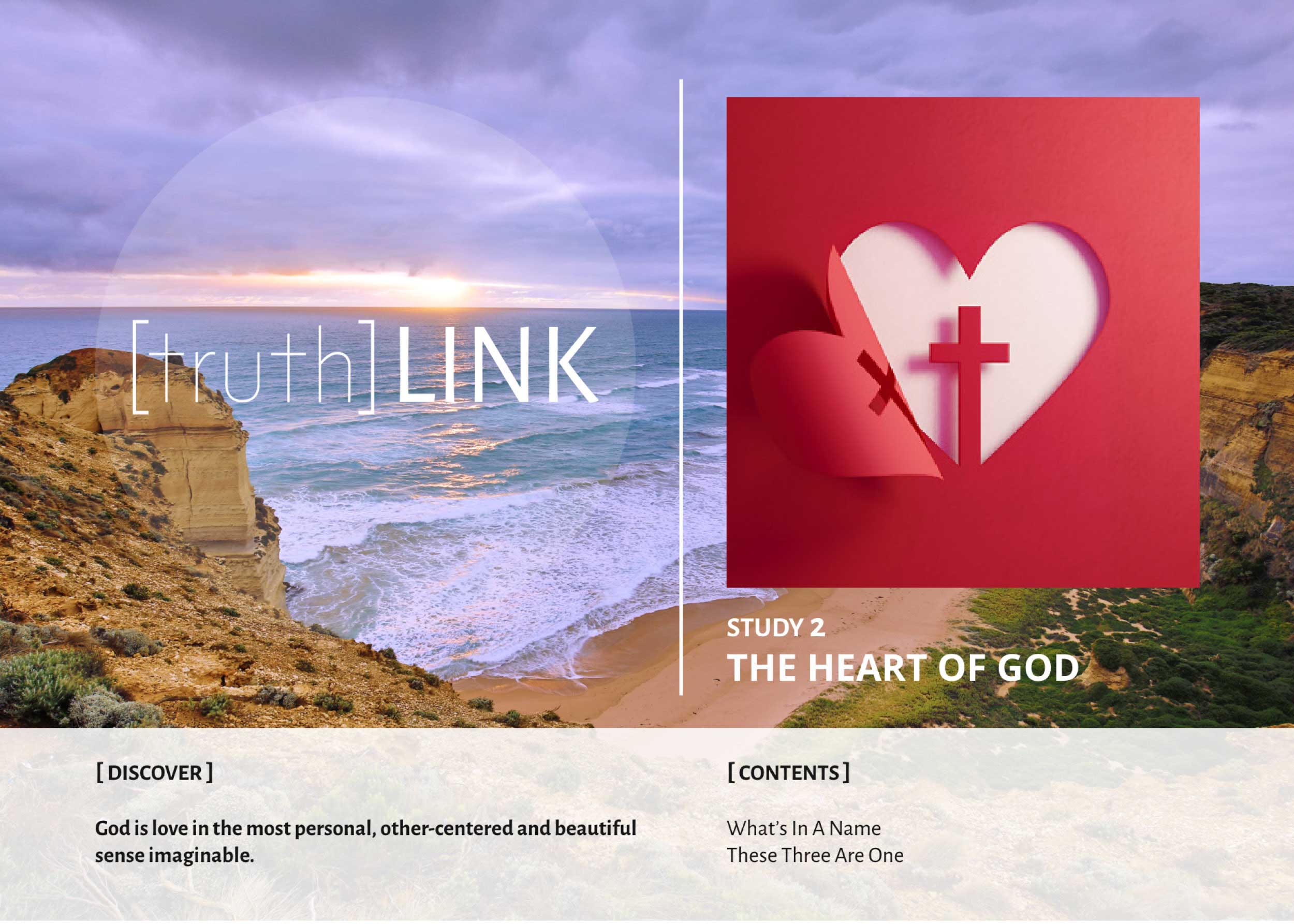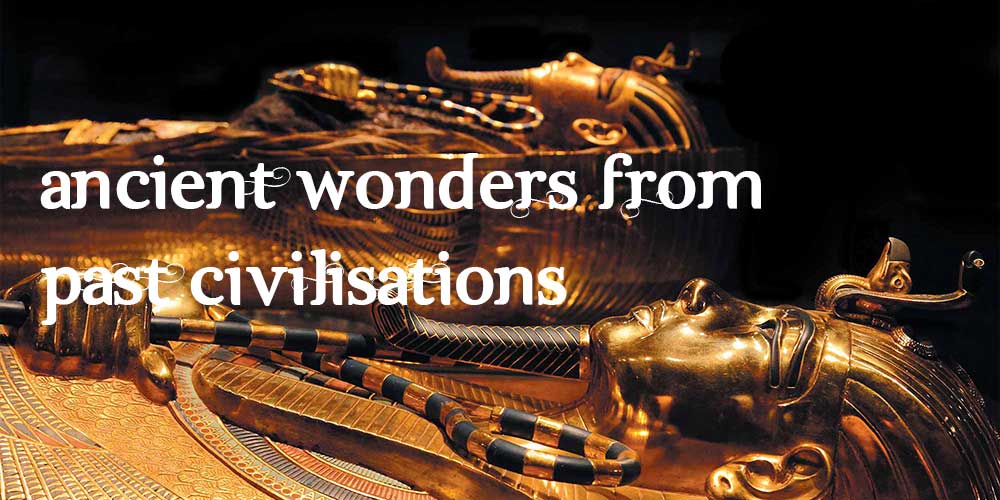
What’s In A Name?
A Swedish couple attempted to name their child Brfxxccxxmnpcccclllmmnprxvclmnckssqlbb11116, to be pronounced, Albin. They stated that the unusual name was “a pregnant, expressionistic development that we see as an artistic creation.” The court in Sweden that makes rulings on such matters said something like, “Um, okay . . . NO,” and ordered them to come up with a different name for the child. Turns out, the name carried a more deliberate message. The couple chose the strange name as a protest against the Swedish government’s naming law, which gives the state the final say on whether a name chosen for a child is acceptable.
Everyone has a name, and everyone’s name means something. (Google will tell you what yours means, if you don’t already know.) This is especially true in the Bible. Every name carries a message, revealing something about the character or story of the one who bears the name.
“Adam” means of the earth, and the Bible says that God created him from—you guessed it—the earth.
“Jacob” means deceiver, and we see this character trait played out in his life’s experience.
“Israel” means one who prevails with God, and that was the name God gave Jacob once he told the truth and overcame his deceptive tendency.
You get the point: in Scripture names carry meaning.
The first time we meet “God” in the Bible is by a very specific and peculiar name that reveals the most incredible thing imaginable about the Creator:
“In the beginning ____________ created the heavens and the earth” (Genesis 1:1).
You likely wrote the word “God” in the blank, as most Bible versions indicate you should. But in the original language of the text (Hebrew), it’s not the generic word “God,” as if to say, “In the beginning Deity created the heavens and the earth.” Rather, it’s a proper name, and the name is Elohim. But there is something odd about the name: it’s a plural noun, which would be like your neighbor introducing himself to you by saying, “Hi, I’m Johns.” Tilting your head with confusion, you might think he was just a very poor student of basic grammar, or perhaps that he was imagining himself to be more than one person. Whatever the case, you certainly would not take his plural introduction to be an accurate description of himself.
Why?
Because there is no coherent sense in which an individual human being can be named as a plural person. And yet, this is precisely how God introduces Himself to us in the first verse of the Bible—as a plurality of being in some sense. The idea is made all the more certain later in Genesis 1:
“Then God [Elohim] said, ‘Let ___________ make man in __________ image’” (Genesis 1:26).
There is some sense in which God is an Us and an Our, not merely an I and a Me. God’s own reality, apart from and before Creation, involves a plurality of personhood. God is Elohim – the Plural One.
One, and Yet More Than One
While the idea of one God involving more than personal being may sound strange at first, we begin to understand what it means when we take into account the most fundamental and essential truth about God stated in Scripture:
“God is love” (1 John 4:16).

Meaning what, precisely?
When the Bible uses the word “love,” it means something very specific:
“Love is . . . not self-seeking” (1 Corinthians 13:4-5, NIV).
Love, by definition, is self-giving and other-centered. So in order for love to exist, there must be more than one person; there must be a relationship. If you lock yourself alone in a room and stay there for the rest of your life, you will never experience love for the simple reason that a solitary life cannot experience love. It logically follows, then, since “God is love”, God is more than one personal being while at the same time existing as one essential divine entity.
In other words, God is not a solitary self, but rather a social unit of self-giving lover in perpetual motion.
Throughout the Bible God is described as one God and yet more than one: God the Father, God the Son, and God the Holy Spirit. The Father is God (Isaiah 64:8; John 3:16), and yet not all there is of God. The Son, Jesus Christ, is God (John 1:1; Philippians 2:5-6), yet not all there is of God. The Holy Spirit is God (Job 33:4; Luke 1:35), Yet not all there is of God. This is why we call a Trinity, or a Tri-unity – because God is an eternal fellowship shared by three distinct divine persons who are of one essential nature, one in purpose, mind, and character.
There is a pure, self-evident genius to the fact that the Bible identifies God as three who are one. Let’s think through the relational logic of three persons. Before reading the next paragraph discuss the following situation: a close friendship exists between two people, and then a third person enters the picture. What are the possible relational dynamics that may occur?
We sometimes say, “Two’s company, three’s a crowd.” The reason we regard this as a truism of life is because we subconsciously know that we are naturally self-centered and therefore threatened by the introduction of a third person into a relationship. Perhaps you remember having a best friend, only to have someone else come along and leap into the middle of your nice little relational enclosure. Suddenly, your friend’s focus was divided. And yet, a third person is actually what’s best for the relationship, because if the third person is accepted, self-centeredness will have to give way to a more selfless quality of love. Now you not only have to receive the love of your first friend, you also have to accept that your first friend is also friends with another. You have to accept that all the attention is not focused on you. For this reason, three is the minimum numeric value of love in its purest form. Where there is only one person, love cannot occur. Where there are two, each is the sole recipient of the other’s attention, giving potential for self-centeredness. But the moment there are three, each recipient must also humbly defer attention to the third party, and each one must occupy the position of the third person to the other two. Pure selflessness can now occur.
If God were an absolute singularity, a solitary self with no eternally coexisting others, it could not be said with any coherence that “God is love.” The Bible’s relationally logical picture of God as a three-way unity of perfect love is convincing evidence that the Bible is, in fact, a true revelation of the one and only true God. Yes, expects of this truth are beyond our comprehension. After all, this is God we’re talking about. We are mere finite creatures attempting to comprehend the infinite. And yet, when we know God as three personal beings who are eternally one in nature and character, we can begin to comprehend that God is fundamentally relational being, a blissful friendship of self-giving love. And if that’s who God is, what’s not to like? Suddenly, in the light of such beauty, we find ourselves attracted to God.
[CONNECT]
Jesus’ life on earth demonstrated the sublime and glorious truth of God’s relational love.
According to the Bible, Jesus came into our world from having preexisted for all eternity past “in the bosom of the Father” or, as another translation says, “in closest relationship with the Father” (John 1:18, NIV). Speaking to the Father of the relationship that they had before His incarnation, Jesus said, “You loved me before the foundation of the world” (John 17:24). Then Jesus expressed to the Father His hope regarding humanity: “that the love with which You loved Me may be in them, and I in them” (John 17:26).
What beautiful insight regarding who God is and what He desires for us!
God is more, far more, than a powerful Supreme Being ruling over the universe with authority. God is the epicenter and origin of all true and tender and trustworthy friendship. “God is love”—Father, Son, and Spirit—and the essence of their desire is that each of us would come to know them and become partakers and reflectors of their love.
[EXPERIENCE]
Wow! God is more beautiful than I thought.
I can believe in a God like this, and I’m eager to know more about Him.
From the moment we exit the womb into the world, we are hungry for connection with others. We live our lives craving friendship, loyalty, affection, and trust. We are, at heart, relational creatures because we were made in the image of a relational God. All of our good and loving and beautiful human relationships are whispering to us of the relationship God is inviting us into with Himself.
Phone 1300 300 389























